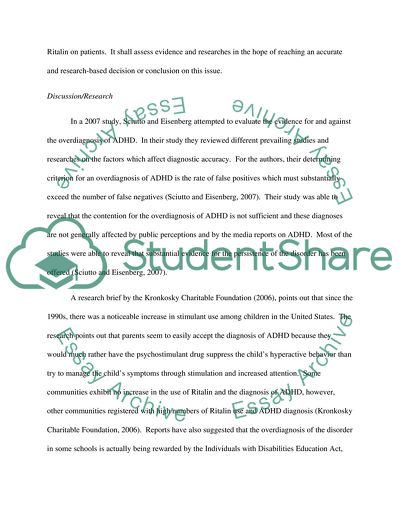Cite this document
(Attention Deficit Hyperactivity Disorder (ADHD) Research Paper, n.d.)
Attention Deficit Hyperactivity Disorder (ADHD) Research Paper. Retrieved from https://studentshare.org/psychology/1730046-attention-deficit-hyperactivity-disorder-adhd
Attention Deficit Hyperactivity Disorder (ADHD) Research Paper. Retrieved from https://studentshare.org/psychology/1730046-attention-deficit-hyperactivity-disorder-adhd
(Attention Deficit Hyperactivity Disorder (ADHD) Research Paper)
Attention Deficit Hyperactivity Disorder (ADHD) Research Paper. https://studentshare.org/psychology/1730046-attention-deficit-hyperactivity-disorder-adhd.
Attention Deficit Hyperactivity Disorder (ADHD) Research Paper. https://studentshare.org/psychology/1730046-attention-deficit-hyperactivity-disorder-adhd.
“Attention Deficit Hyperactivity Disorder (ADHD) Research Paper”, n.d. https://studentshare.org/psychology/1730046-attention-deficit-hyperactivity-disorder-adhd.


